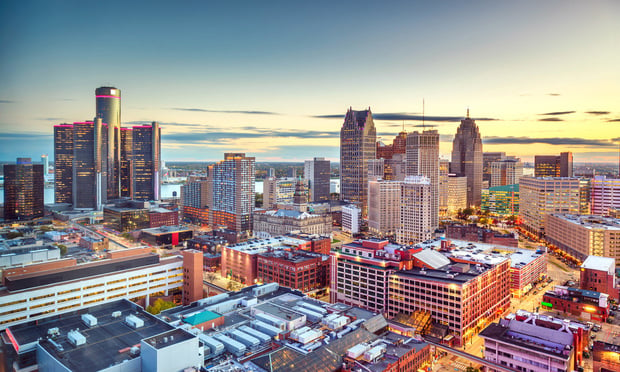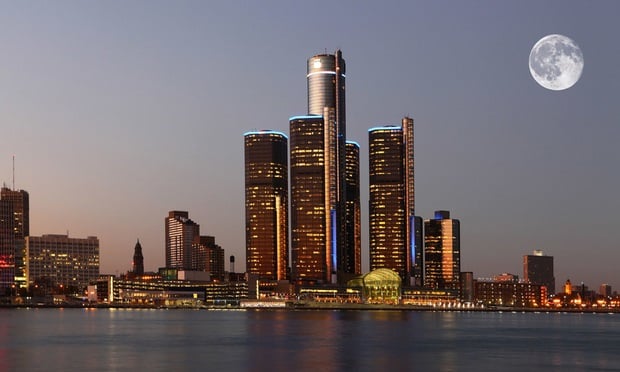The MGM Grand casino in Detroit was not covered by the lawsuit.
The LacVieux Desert Band of Lake Superior Indians, casino owners based in Watersmeet, MI, filed suit in 1997 after it had unsuccessfully bid on building a casino in Detroit.
The Sixth Circuit Court of Appeals, in overruling an earlier judgment by Bell, said in January that the ordinance that allowed Detroit officials to pick three casino developers was invalid because it relied on preferential treatment.
Now, Bell says the LacVieux had not been treated badly enough to cause the shutdown of the Detroit casinos.
The tribe will appeal again, attorneys say.
Detroit officials claimed a victory.
"We need to move on," says Detroit Mayor Kwame Kilpatrick. He's trying to push a new contract with casinos that will allow permanent sites to be constructed in the city, though not along the Detroit River as originally planned.
According to the Michigan Gaming Control Board, the three casinos together earned more than $1 billion in 2001. The state takes 8%, about $80 million, for K-12 classroom education. Detroit takes another 9.9%, about $100 million, for development and improvements in the city.
© 2025 ALM Global, LLC, All Rights Reserved. Request academic re-use from www.copyright.com. All other uses, submit a request to [email protected]. For more information visit Asset & Logo Licensing.







